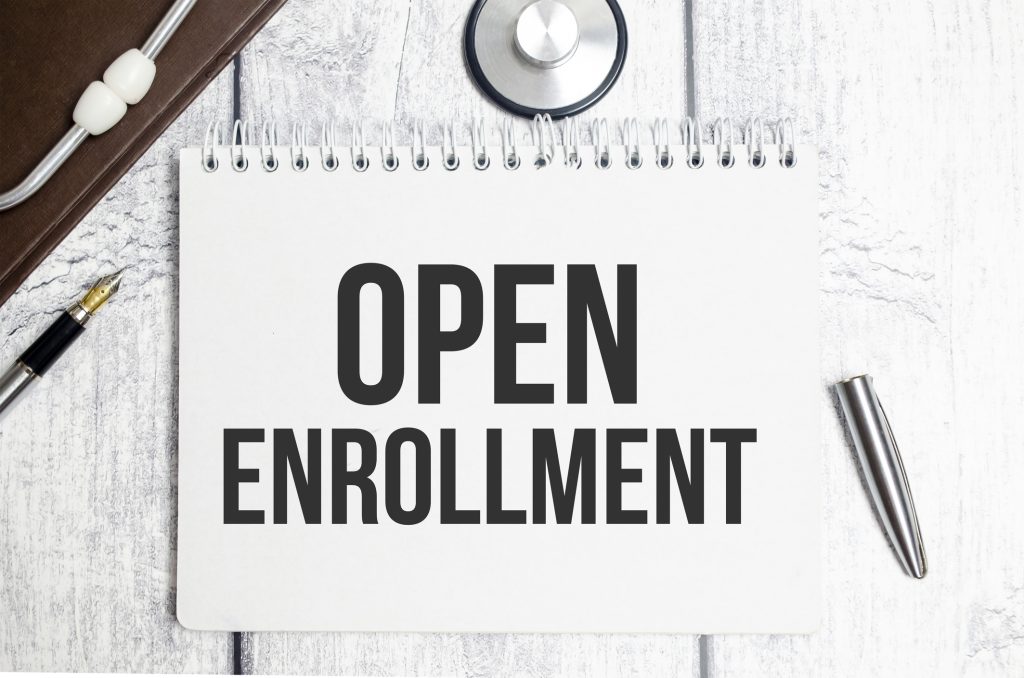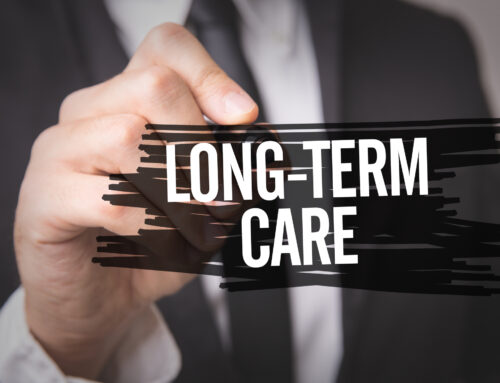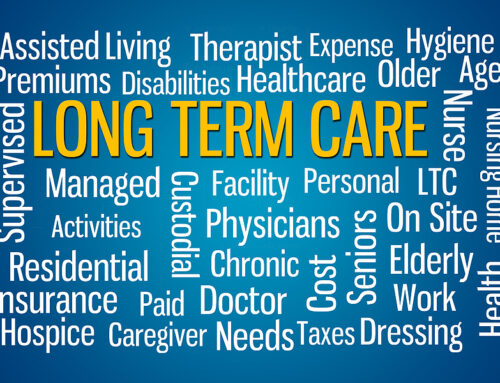
The open enrollment phase for Medicare runs from October 15 to December 7 each year.[1] During this period, you have the opportunity to adjust your healthcare plan and prescription medication coverage as per your requirements.[1] Each year, modifications are made to health plans and networks, so it’s vital that you stay informed about any alterations in your coverage.[1] If there are no changes to your current coverage and it continues to meet your needs satisfactorily, then there is no need for action on your part during the open enrollment period![1]
Several methods exist for you to investigate your choices concerning Medicare. You can explore available options via the Medicare website to find a suitable plan.[2] Alternatively, dialing 1-800-MEDICARE will provide information about the plans available in your location.[2] But before you look to switch up your coverage, make sure that your choices fit well with your overall retirement financial strategy.
Ensuring your Medicare is up to date and preparing for potential health costs is an integral part of retirement planning. Using long-term care might not be on your mind, but the reality is it can happen, and the associated expenses can accumulate significantly. The average yearly expense for a private room in a nursing home hovers around $108,000.[3] Although Medicare does not include long-term care coverage, it can safeguard your savings from other medical costs, leaving room in your budget to help save and cover other health expenses, such as long-term care.[3] Regardless of whether or not you need long-term care, regular healthcare costs will inevitably come into play as you age. Remembering these potential expenses while establishing your retirement budget is crucial.
Determining precise healthcare costs can be challenging due to the variability of an individual’s needs and circumstances throughout their life. Unexpected events could drastically alter one’s medical condition and its associated costs. This means it’s crucial to stay informed about your Medicare and overall health coverage. Medicare serves as a tool to mitigate some of the financial burden associated with healthcare during retirement, and you can make strategic Medicare coverage decisions to help make room for an additional plan that will cover long-term care or another specific health risk you may be concerned about.
Just as each individual is unique, so too are retirement plans. If you’re looking for a custom roadmap to assist in structuring your retirement strategy based on your unique needs and goals, contact one of our trusted financial professionals for a review of your retirement situation and timeline.
[1] https://www.cms.gov/priorities/key-initiatives/medicare-open-enrollment-partner-resources
[2] https://www.medicareinteractive.org/get-answers/medicare-health-coverage-options/changing-medicare-coverage/six-things-to-know-about-fall-open-enrollment
[3] https://www.investopedia.com/retirement/how-plan-medical-expenses-retirement/









